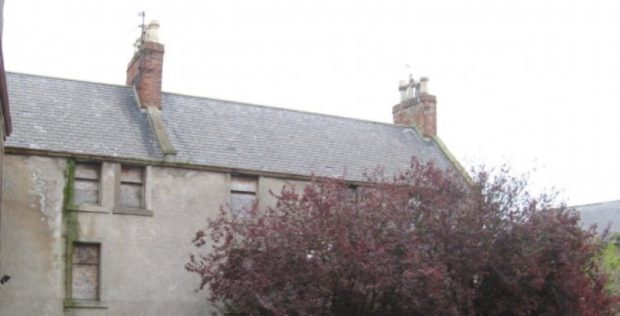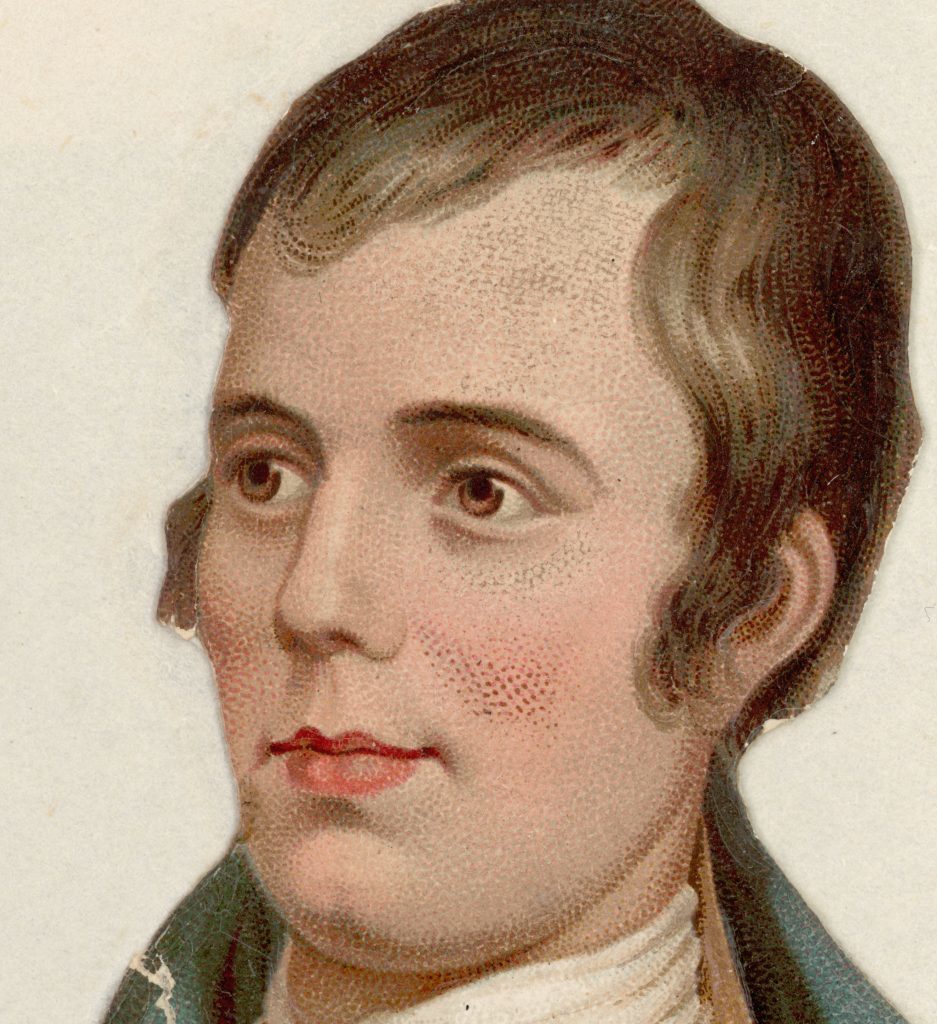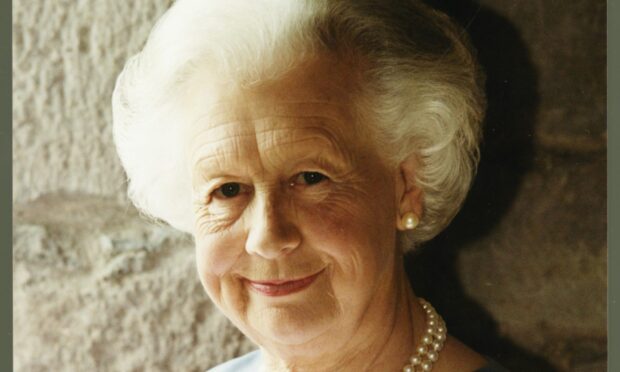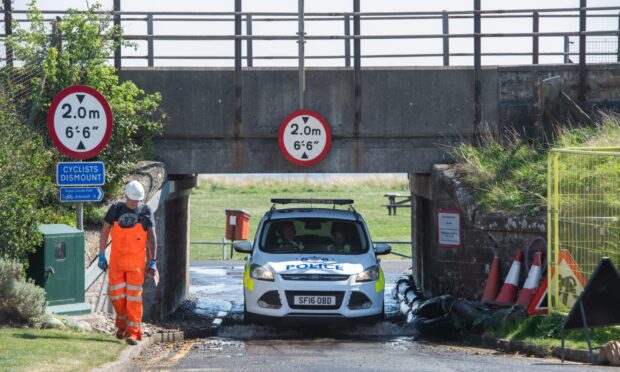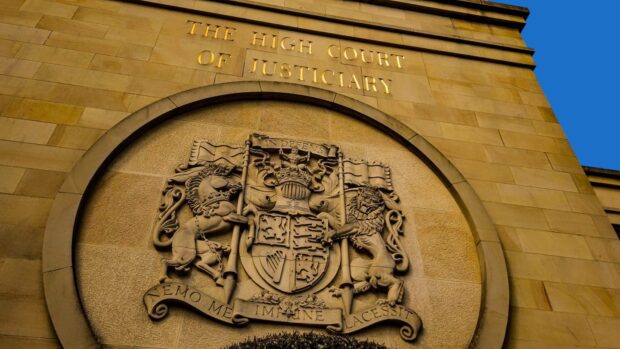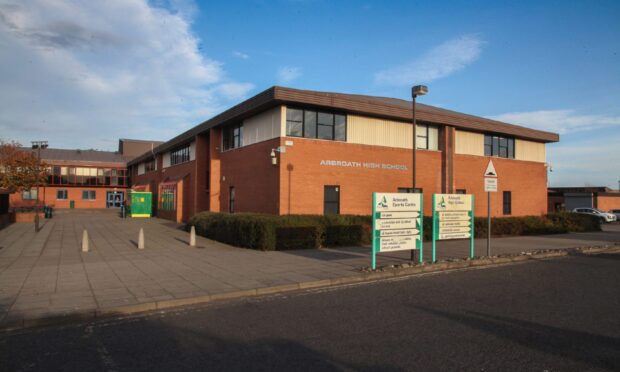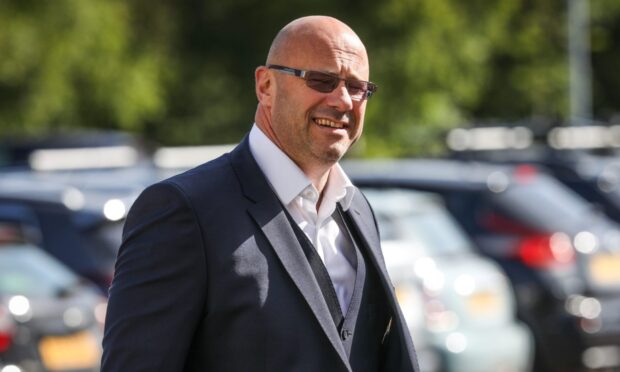It was the house where Scotland’s national bard stayed during the height of his new-found fame.
In 1787, the 28-year-old Robert Burns was suddenly a “celebrity”, when he embarked on a series of tours, firstly around the Scottish Borders and northern England and then further afield to the west Highlands.
It was during this journey that he visited relatives in Montrose and stayed overnight at Bow Butts with his cousin James Burness.
The property at 9-11 Bow Butts, also known by the name of Burnessor Burns House, is now on the Buildings at Risk Register for Scotland with the category of risk set at “high” and noted as being in very poor condition.
Mr and Mrs David Coates have submitted a planning application to Angus Council for renovation and alterations to “halt the further deterioration of the building and secure its future as an important and historic building within Montrose”.
Mr and Mrs Coates have owned the properties for around a year and it is their intention to make the necessary alterations and renovations so that they once again comprise a flat and house.
A spokesman for agent Morris Tait Architectural Design said: “The property appears on the 1822 John Wood map of Montrose but it probably dates from the late 18th century and is quite a typical example of a house of this period.
“The interior of the building has suffered greatly as a result of poor ventilation, lack of heating and water ingress.
“Almost all of the interior woodwork of the building is affected by dry rot at an extremely advanced stage. None of the interior woodwork is salvageable with the exception of the stair and possibly the panelling around the stair.”
Burns’ tour of the Highlands in 1787 was the first and only time he met his Montrose cousin.
The cousins corresponded with each other and it was to James that Burns sent a tragic and urgent appeal in July 1796 for £10 to “save me from the horrors of a jail”.
Burns had joined the local militia and had ordered a uniform to be made by the local tailor but seemingly did not have the money to pay the bill and he appealed to his cousin for help.
James sent the money but it arrived too late as Burns had died.
He sent a further £5 to Jean Armour, along with an offer to take their young son, Robert and to educate the boy with his own children in Montrose, but Jean would not part with any of her children.
James Burnes died at Montrose in June 1837 aged 87 and his remains were buried in the old burgh churchyard.
